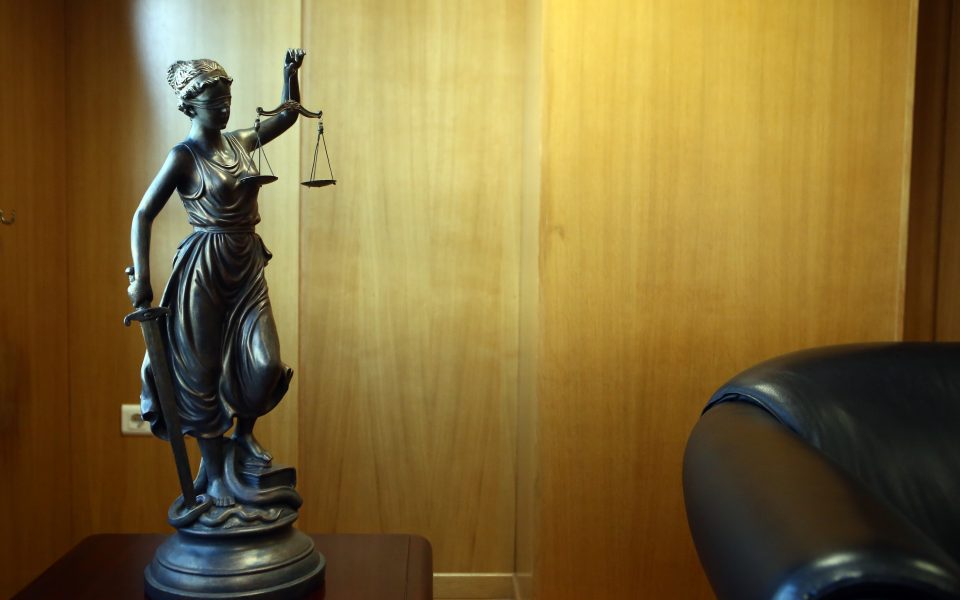Shell games and justice

From the moment the Novartis story broke it was clear that it was a scandal. It wasn’t just the accusations that doctors had been bribed by the multinational pharmaceutical company that shook Greece – it was the political angle of the story that did it.
Accusations naming 10 senior politicians – rivals of the then ruling coalition – signaled a huge scandal. Either these people were guilty or they were victims of an unprecedented conspiracy by rivals who did not shrink from soiling the reputations of innocent people in their effort to destroy them.
Now, after years of investigations and developments, the case has acquired another dimension, raising serious questions about the institutions involved. How is it possible that both those who were targeted and those who allegedly conspired against them are blameless? How can citizens believe that the game was not “fixed,” that we have come to the truth of the affair? One side lifted a shell and shouted that it found a scandal, the other claimed to reveal another. And yet, we are told that, in the end, there was no scandal. If a conman had tried this trick in the street, he would have been beaten up.
Now it is justice itself that is taking a beating, as the citizens lose their trust in the institution, further undermining society and democracy. Citizens have every right to wonder whether judicial officials were complicit in the slandering of innocent people or whether political intervention prevented the truth from coming out. We are aware of the soiling of names, of justice not so much.
From the moment the 10 political figures were accused there was an urgent need for the truth to be revealed. The case was too serious, the effort to besmirch political opponents so blatant, that the judiciary had to send a message that anyone who tried such tricks would be punished most seriously. Usually, after the initial furor, the vicious political fighting and the character assassination of innocents, such cases land up being filed away, with no one any the wiser. When we do not know what is true and what is false, we believe nothing. We become cynical and, of necessity, we look for ways to protect ourselves: We take things into our own hands, we exploit connections, we break the law, and so on.
A sense of injustice flows through society. Those who are not “connected” are afraid that they will suffer injustice when they find themselves in the judiciary’s cogs. Those who act illegally claim that “everyone does it,” that the system is unjust.
Both sides cannot be right. Just as in the Novartis scandal.



